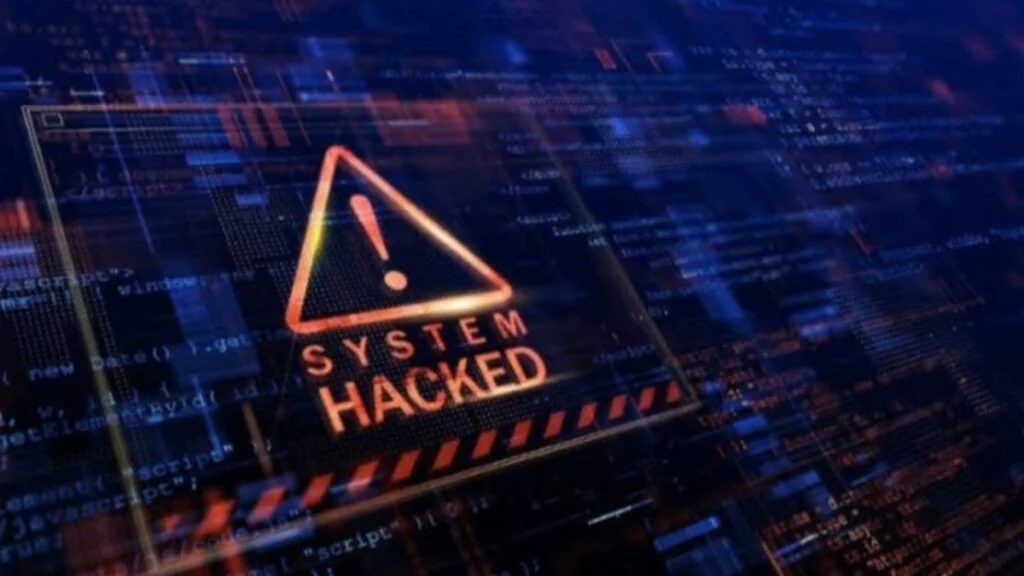NFT Trader is suspected to have been breached after several blue-chip non-fungible tokens (NFTs) were wrongfully transferred.

Peer-to-peer trading platform NFT Trader has experienced a serious security compromise. Numerous high-value NFTs, including valuable tokens from the Bored Ape and Mutant Ape Yacht Club collections, World of Women NFTs, VeeFriends, and Art Blocks, were transferred without authorization due to this attack.
The losses in terms of money are enormous, amounting to millions. After discovering the issue, NFT Trader immediately notified its users to remove any permissions associated with the two compromised smart contracts.
The purpose of this action is to stop more illegal transfers. In an X post, the corporation acknowledged the attack on “old smart contracts” and emphasized the value of user caution in protecting digital assets.
The primary hacker, whose identity is yet unknown, has communicated using the blockchain. They assert that the original goal of the hack was to remove “residual garbage.” But things got worse when the hacker demanded 3 ETH and 0.6 ETH in ransom to get Bored Apes and Mutant Apes back, respectively.
Complicating matters further, the hacker unintentionally gave a customer a refund for one Bored Ape and 31 ETH and returned certain staked Bored Apes to their owners while keeping the ApeCoin earnings.
Reports of additional hacks have caused users’ wallets to lose various NFTs, like Cool Cats and Squiggles. There has been a mixed reaction from the public, with some people being confused and worried about how unpredictable the hacker’s actions are. Requests for comments on these events have yet to receive a response from NFT Trader.
The Founder of BAYC Steps Up in Crisis
The Bored Ape Yacht Club creator, Garga, has made a noteworthy offer to pay the 10% ETH bounty the hacker sought. This intervention is essential to end the problem and get the stolen NFTs back.
Though it also suggests that ransom demands could result in a financial advantage for hackers, it also raises worries about creating a precedent for future cyberattacks.
